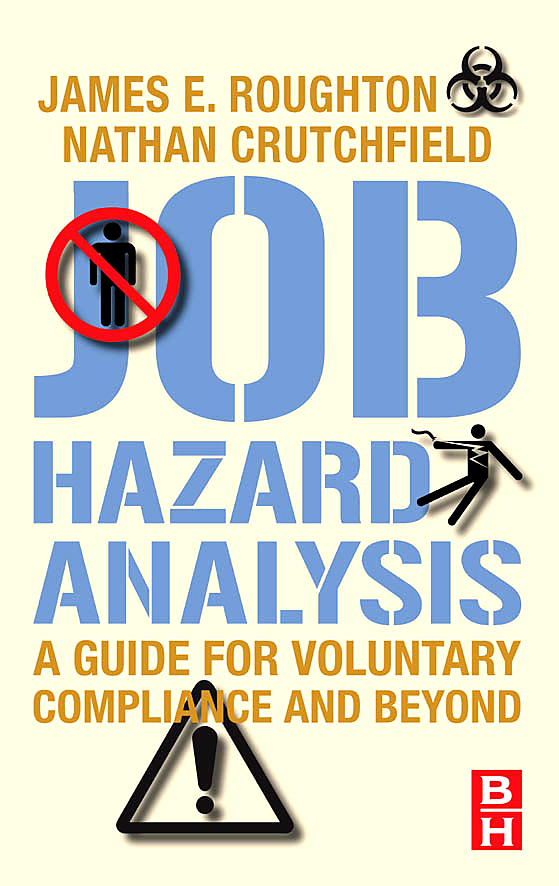- 中图分类号: X9
- 语种: ENG
- 出版信息: Butterworth-Heinemann_RM 2011 521页
- EISBN: 9780080554167
- PISBN-P: 9780750683463
- 原文访问地址:
KG评星
知识图谱评星,是一种基于用户使用的评价体系,综合图书的评论数量、引文数量、Amazon评分以及图谱网络中节点的PageRank值(即考虑相邻节点数量和重要性)等多种因素计算而得出的评价数值。星级越高,推荐值越高。CAT核心级
核心学术资源(CAR)项目作为教图公司推出的一项知识型服务,旨在打造一套科学、有效的图书评价体系,并协助用户制定相应的馆藏建设方案。CAR项目调查和分析12所世界一流大学的藏书数据,以收藏学校的数量确定书目的核心级,核心级越高,代表书目的馆藏价值越高。选取核心级在三级以上,即三校以上共藏的图书作为核心书目(CAT)。Job Hazard Analysis: A Guide for Voluntary Compliance and Beyond presents a new and improved concept for Job Hazard Analysis (JHA) that guides the reader through the whole process of developing tools for identifying workplace hazards, creating systems that support hazard recognition, designing an effective JHA, and integrating a JHA based program into occupational safety and health management systems. The book goes beyond the traditional approach of focusing just on the sequence of steps and demonstrates how to integrate a risk assessment and behavioral component into the process by incorporating elements from Behavior-Related Safety and Six Sigma. This approach allows businesses to move from mere compliance to pro-active safety management. This book methodically develops the risk assessment basis needed for ANSI/AIHA Z10 and other safety and health management systems. It is supported by numerous real-life examples, end of chapter review questions, sample checklists, action plans and forms. There is a complete online solutions manual for instructors adopting the book in college and university occupational safety and health courses. This text is intended for lecturers and students in occupational safety and health courses as well as vocational and degree courses at community colleges and universities. It will also appeal to safety and health professionals in all industries; supervisors, senior managers and HR professionals with responsibility for safety and health; and loss control and insurance professionals.Enhances the JHA with concepts from Behavior- Related Safety and proven risk assessment strategies using Six Sigma toolsMethodically develops the risk assessment basis needed for ANSI/AIHA Z10 and other safety and health management systemsIncludes numerous real-life examples, end of chapter review questions, sample checklists, action plans and forms







 京公网安备 11010602104826号
京公网安备 11010602104826号
